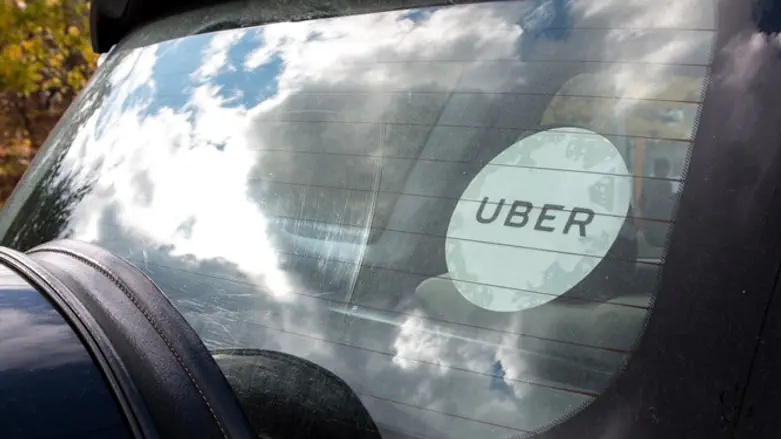
Uber Technologies Inc., the ride-hailing company which ushered in a new way of traveling from place to place ten years ago revealed its initial public offering (IPO) filing on Thursday.
Uber's revenue was $11.3 billion in 2018 but also sustained a loss of $1.85 billion. Passengers paid $41.5 billion for Uber rides in 2018 and Uber had 3.9 million drivers in the last quarter of 2018.
Uber is planning on selling about $10 billion worth of stock at a valuation of between $90 billion and $100 billion. The company wants to be trading on the New York Stock Exchange by May. Uber's IPO is set to be the largest this year.
However, in its filing with the US Securities and Exchange Commission, Uber wrote that "we expect our operating expenses to increase significantly in the foreseeable future, and we may not achieve profitability."
In order to entice investors, Uber has to address other issues along with its finances. The company has been plagued with scandals in the last few years, including data breaches, regulation issues, passengers' lawsuits, sexual harassment allegations, and internal conflict.
Uber has been the subject of at least five US Department of Justice investigations, including violations of the Foreign Corrupt Practices Act, the use of software to evade regulators and spying on rival companies.
Uber said that its work culture has "created operational, compliance, and cultural challenges and our efforts to address these challenges may not be successful."
Uber was founded in 2009, the brainchild of Garret Camp, following a snowy New Year's Eve when he and his friends spent almost $1000 hiring a private driver. Camp, a computer programmer at the time, tried to brainstorm ideas to lower the cost of direct transportation and his ideas eventually led to Uber.
When Uber's app officially launched in San Francisco, users were only able to hail a black luxury cab which was 1.5 times more expensive than a taxi. However, the unique service quickly branched out to non-luxury vehicles, and then to drivers' own vehicles as part of UberX in 2013. Rates were lowered to less than taxis, the service quickly spread from US city to city and eventually from country to country, transforming taxi services worldwide.
Uber's main rival is Lyft, a smaller competitor which also went public two weeks ago.